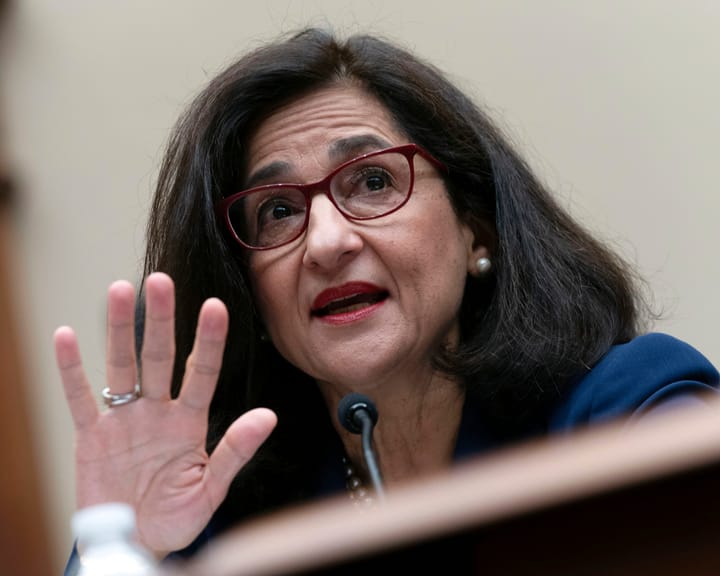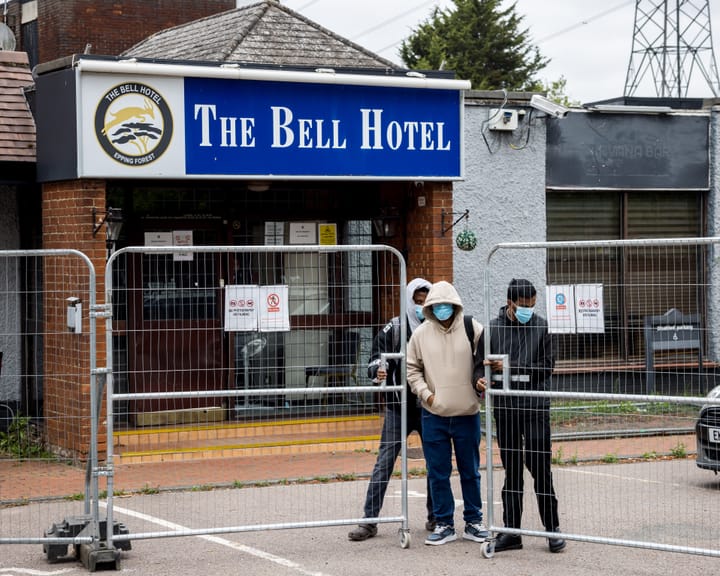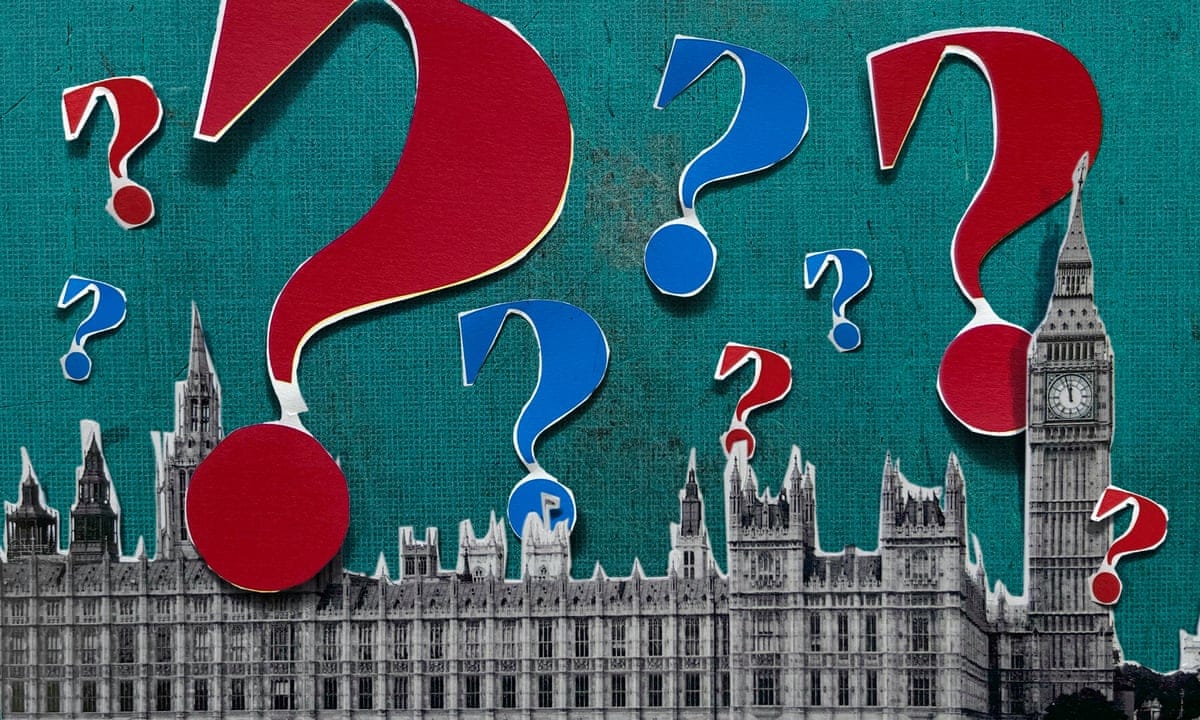When does the newly appointed Prime Minister assume office?
A political party's leader takes on the role of Prime Minister upon securing a majority in an election, leading them to visit the monarch for government formation shortly after polling day.
The outgoing Prime Minister makes their departure by going to Buckingham Palace to submit their resignation. Subsequently, the incoming Prime Minister proceeds to meet with the sovereign at the palace and then drives towards 10 Downing Street. Upon arrival, they are met by press outside the premises for a recorded address.
Market-ready senior staff members enter through an alternative entrance on Horse Guards Parade to be present in anticipation of welcoming their new Prime Minister, along with key civil servants and the cabinet secretary.
What constitutes the inaugural day for the newly elected Prime Minister?
Upon delivering a public address and entering 10 Downing Street, the incoming Prime Minister engages in comprehensive briefings and receives formal advice from government officials on critical issues such as national security, upcoming priorities, and immediate actions required.
One of the initial responsibilities for the new Prime Minister is to communicate with the leaders of the UK's nuclear submarines, providing them with directives in case the submarines are rendered unreachable by a hypothetical catastrophic event. These instructions supersede those from the preceding Prime Minister.
The initial order also involves appointing government officials to various positions within the cabinet and beyond, which is a multi-day process with key roles being assigned first. Personal matters are addressed during this transition period, including moving in family members into 10 Downing Street upon the outgoing PM's departure from office.
When does parliament convene for new business?
Parliamentarians take their oath five days post-election on Tuesday 9 July, with seniority determining the order of swearing-in. The Commons then elect its speaker.
The first legislative agenda is set forth by the monarch during the king's speech on Wednesday 17 July, which outlines government priorities and introduces parliamentary proceedings.
Read next

"Starmer appoints ex-Bank deputy governor as top economic advisor"
Minouche Shafik to Become Keir Starmer’s Chief Economic Adviser
Former Bank of England deputy governor Minouche Shafik is expected to join Keir Starmer’s team as his chief economic adviser.
Her appointment comes as the prime minister’s office prepares for the autumn budget, following Shafik’s recent leadership

"Home Office wins appeal allowing asylum seekers to stay at Epping hotel"
The appeals court has determined that the injunction issued by the high court should not have been approved.
Those involved acknowledge they have become part of a broader discussion about how asylum seekers are managed and urge the public to recognize that the Bell hotel was only fulfilling a government-mandated

"Scottish Greens' new leaders push for universal income and free bus fares"
Scottish Greens' new leaders, Ross Greer and Gillian Mackay, have pledged to advocate for a universal income, free bus travel, and increased taxes on high earners following a subdued leadership race.
Greer and Mackay, previously backbench MSPs at Holyrood, were elected co-conveners of the Scottish Greens with a notably

